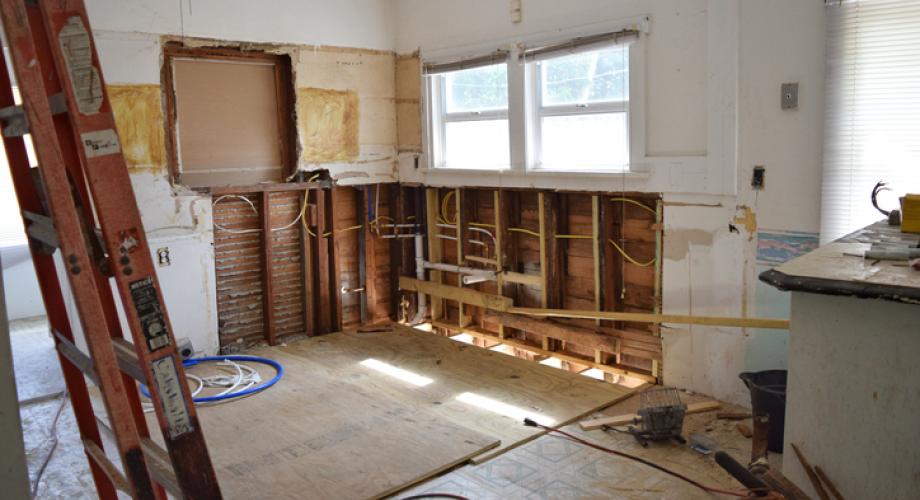The increased frequency of natural disasters in the country has put many rental units at risk. According to "America's Rental Housing 2024" from the Joint Center for Housing Studies of Harvard University, 18 million occupied units, or 41%, are in locations that can expect "substantial expected losses" from disasters such as wildfires, earthquakes and hurricanes.
"Ultimately, increasing assistance for pre-disaster retrofits, supporting affordable housing providers with insurance costs, and investing in regional coordinated planning are critical to ensuring rental homes and operators are equipped to meet the challenges of climate change while preserving affordability," according to the study.
The Federal Emergency Management Agency has supported 1.4 million renter households since 2020 with $4.5 billion in assistance, while an additional $10 billion was distributed through a separate grant.
Significant investment in the current stock of apartment units is also important as "critical repairs and replacements are imperative to ensure that the units are of decent quality," according to the report.
Almost half of units built since 2000 are in areas with substantial losses, which is twice as much as rentals constructed before 1940.
